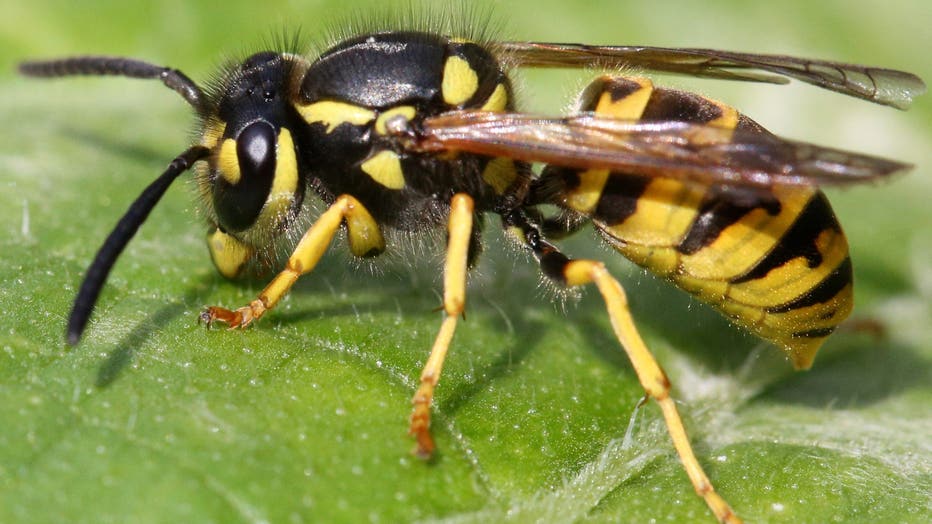Yellow jackets swarm in Helene-ravaged towns
How a Florida hurricane caused historic flooding in North Carolina's mountains
FOX 35 meteorologist Brooks Garner explains how hurricane Helene’s landfall in Florida led to catastrophic flooding in North Carolina’s Appalachian Mountains. He breaks down the massive transport of water vapor from the tropics, the role of the upslope effect in the Blue Ridge Mountains, and why this storm was so destructive in areas far from the coast.
Among the countless creatures displaced by deadly Hurricane Helene are swarms of yellow jackets whose nests – in tree stumps, underground, in hollow logs and between walls – were washed away during the storm.
Now, as residents begin to pick up the pieces, they’re being increasingly stung by the yellow-and-black-striped wasps, prompting a need for more EpiPens and benadryl in Helene-ravaged towns.
Hannah Jones, a spokesperson for the North Carolina Department of Health and Human Services, said it’s normal for yellow jackets, bees and other stinging insects to be temporarily disrupted after a hurricane.
WATCH: Dolly Parton announces $2 million for Helene victims
The state has been distributing extra Benadryl and EpiPens for people who may have allergic reactions to the sting. Pharmacists have also been given flexibility to provide emergency refills for EpiPens and allergy medicines, and the state is working to issue a standing order allowing for allergy meds and EpiPens to be filled without having a prescription.
Health agencies have received donations of EpiPens and other allergy medications.
Tarren Pruitt, 42, a registered nurse in West Jefferson, North Carolina, told NBC News that she’s seeing yellow jackets wherever she goes.
RELATED: How a Florida hurricane led to historic floods in North Carolina’s mountain towns
"I take my kids out and we can’t even walk outside and not see one or two," Pruitt said.
Pruitt said she’s also heard of linemen getting stung while trying to restore power in her area.
Unlike honeybees, yellow jackets can sting you multiple times. They become even more aggressive when their nests are threatened.

Eastern Yellowjacket Wasp (Photo by Creative Touch Imaging Ltd./NurPhoto via Getty Images)
For most people, a yellow-jacket sting will cause only mild pain, swelling and itching, according to the Cleveland Clinic. But people who are allergic can develop anaphylaxis — a "severe and potentially life-threatening" reaction. EpiPens are used to treat anaphylaxis.
MORE: Grandparents found hugging each other after fallen tree killed them during Hurricane Helene
Doctors say if you’ve been stung and the stinger is still in your skin, you should pluck it out or scrape the back of a knife across the stinger.
If you get stung by a yellow jacket and aren’t allergic, you can treat the sting at home with an ice pack, an antihistamine like Benadryl, Calamine lotion, and over-the-counter pain reliever.

